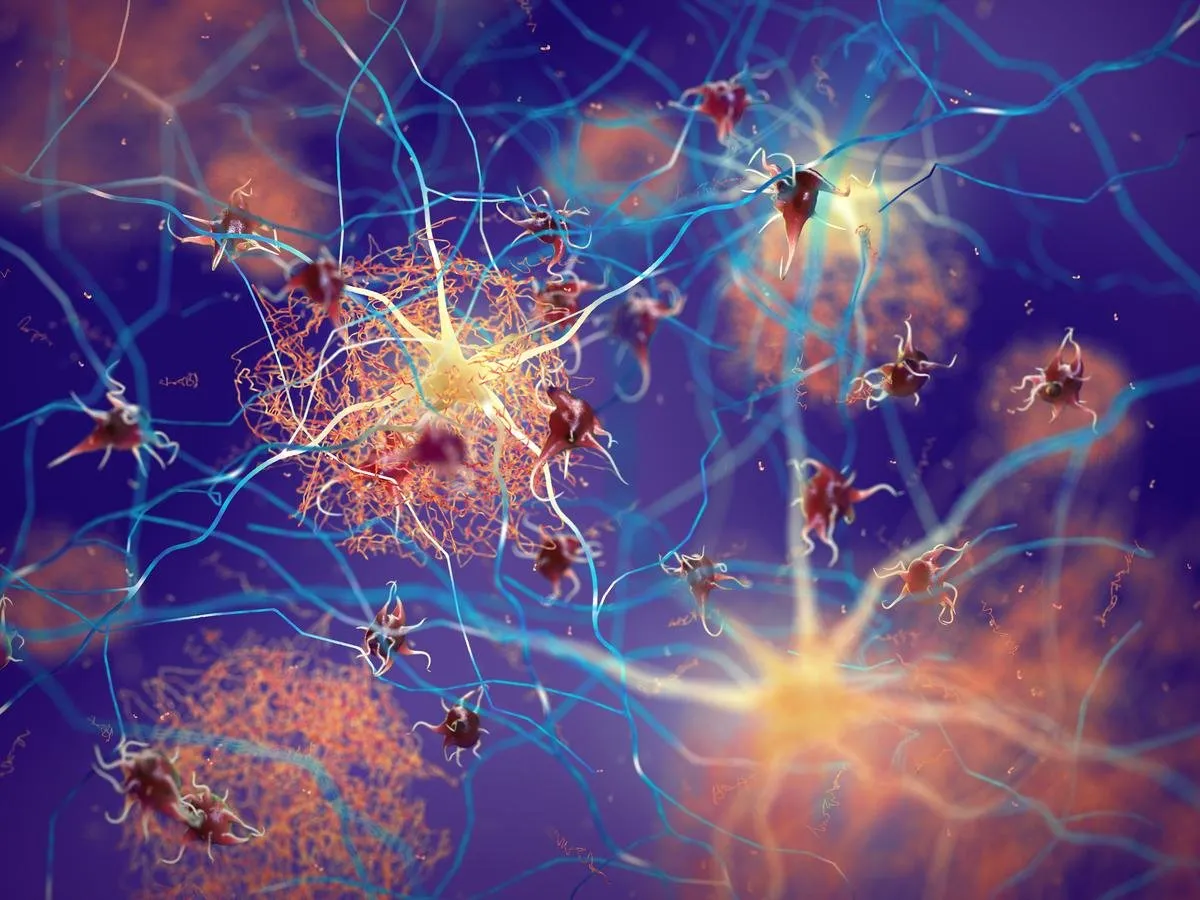The Brain's Waste-Disposal System Uncovered: Implications for Alzheimer's Disease and Neurological Disorders

Recent news indicates that the brain possesses an intricate waste-disposal system that plays a pivotal role in addressing Alzheimer’s disease and other neurological disorders.
Research Findings
Advanced imaging technologies have unveiled a network of fluid-filled channels along blood vessels within the brain, supporting cerebrospinal fluid flow to expel toxic proteins like amyloid and tau.
Mechanism of Action
- The cerebrospinal fluid travels through defined perivascular spaces, promoting waste clearance.
- Research on patients undergoing brain surgery helped map this intricate system.
Clinical Implications
These findings could pave the way for new strategies in preventing Alzheimer's disease by enhancing the brain's ability to clear waste.
This article was prepared using information from open sources in accordance with the principles of Ethical Policy. The editorial team is not responsible for absolute accuracy, as it relies on data from the sources referenced.